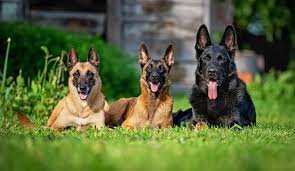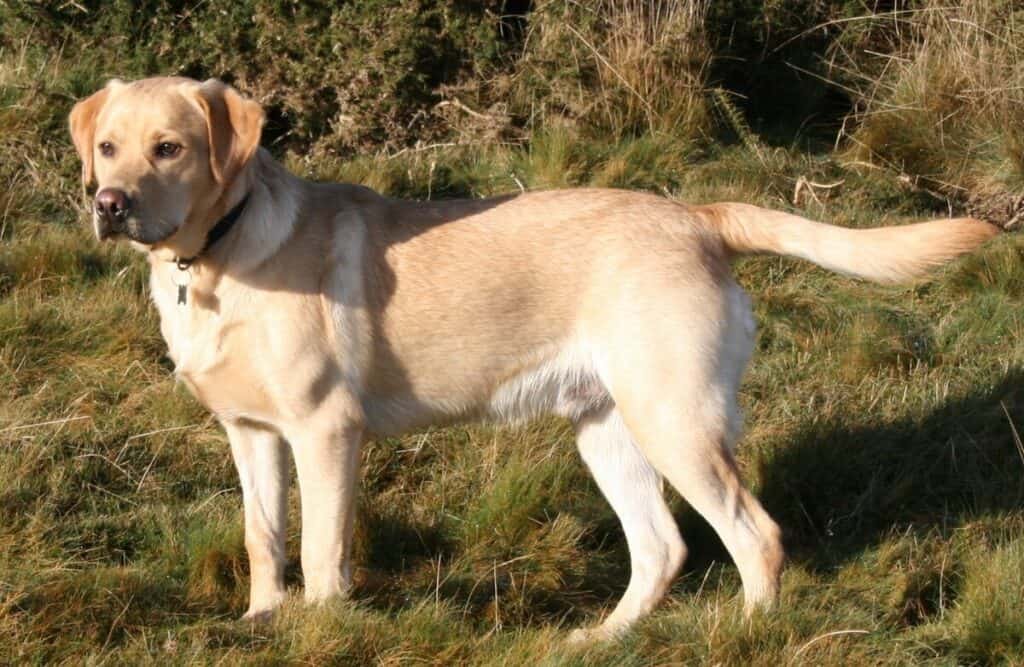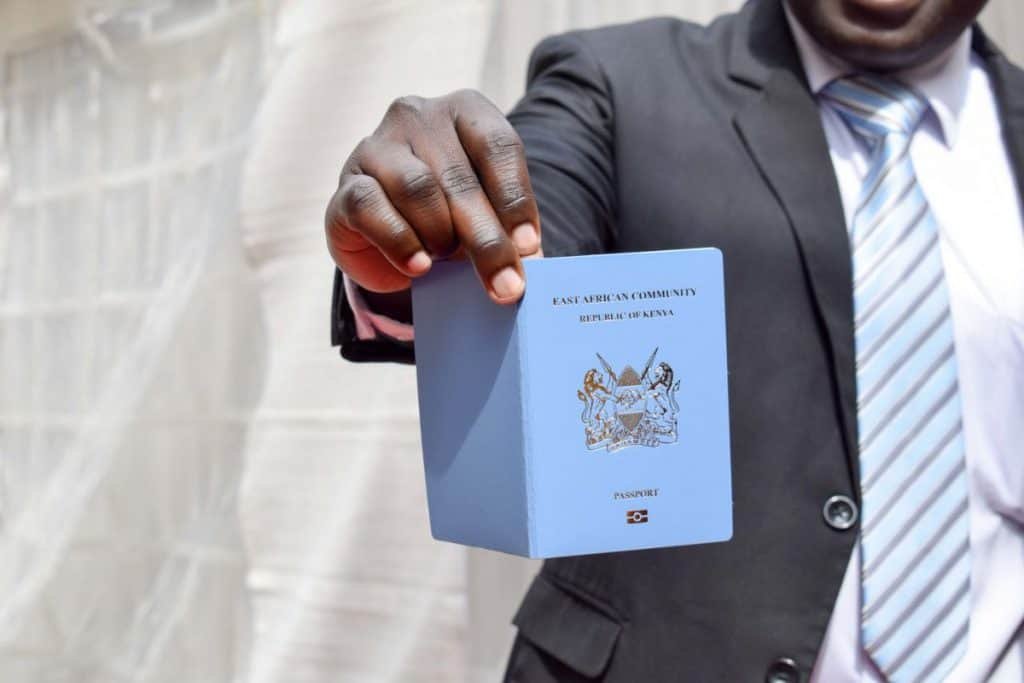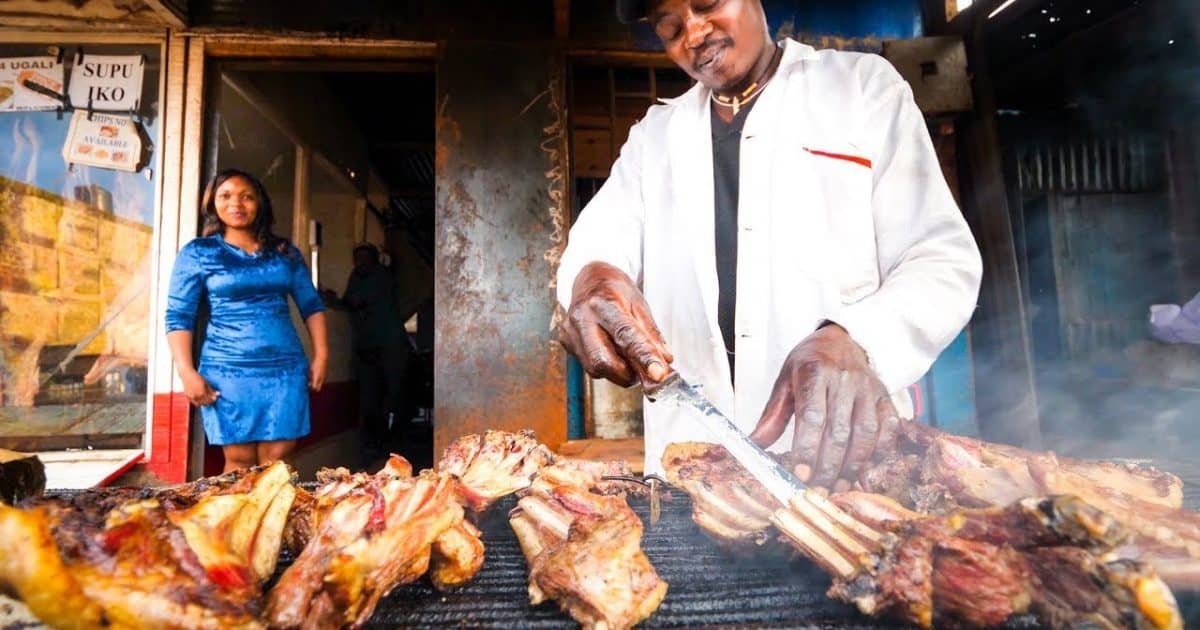Kenya is a country known for its diverse wildlife, including a variety of dog breeds. With many different breeds to choose from, it can be difficult to determine which one is the best fit for your lifestyle. In this article, we will explore the top dog breeds in Kenya, highlighting their unique characteristics and personalities.
One of the most popular dog breeds in Kenya is the Rhodesian Ridgeback. This breed was originally bred in Zimbabwe (formerly Rhodesia) for hunting large game, and is known for its distinctive ridge of hair on its back. Rhodesian Ridgebacks are loyal, intelligent, and protective, making them great family pets. They require regular exercise and mental stimulation to keep them happy and healthy.
Another popular dog breed in Kenya is the German Shepherd. Originally bred in Germany for herding and guarding livestock, German Shepherds are now commonly used as police and military dogs. They are highly intelligent and trainable, and make great companions for active families. German Shepherds require regular exercise and mental stimulation, as well as socialization from a young age.
Popular Dog Breeds in Kenya
Kenya is home to a wide variety of dog breeds, but some stand out as more popular than others. Here are three of the most popular dog breeds in Kenya:
German Shepherd
German Shepherds are known for their intelligence, loyalty, and versatility. They are often used as police dogs, search and rescue dogs, and service dogs. In Kenya, German Shepherds are also popular as family pets. They are protective of their families and make excellent watchdogs. German Shepherds require regular exercise and training to keep them mentally and physically stimulated.

Labrador Retriever
Labrador Retrievers are friendly, outgoing, and love to play. They are also highly intelligent and easy to train, which makes them popular as service dogs, therapy dogs, and hunting companions. In Kenya, Labradors are often used as guide dogs for the blind. They are also popular as family pets because of their gentle nature and love of children.

Rhodesian Ridgeback
Rhodesian Ridgebacks are a unique breed that originated in southern Africa. They are known for their distinctive ridge of hair on their backs, which grows in the opposite direction of their coat. Rhodesian Ridgebacks are loyal, protective, and highly intelligent. They were originally bred to hunt lions, so they have a strong prey drive and require regular exercise. In Kenya, Rhodesian Ridgebacks are popular as guard dogs and family pets.
Overall, these three dog breeds are among the most popular in Kenya for their intelligence, loyalty, and versatility. Whether you are looking for a working dog, a family pet, or a hunting companion, these breeds are sure to fit the bill.
Factors to Consider When Choosing a Dog Breed
When choosing a dog breed in Kenya, there are several factors to consider to ensure that you select a breed that suits your lifestyle and environment. Here are some important factors to keep in mind:
Climate Adaptability
Kenya has a diverse climate with varying temperatures and humidity levels depending on the region. It is important to choose a dog breed that can adapt to the climate in your area to ensure their overall health and well-being. For example, breeds like the Rhodesian Ridgeback and the Boerboel are known for their tolerance to hot temperatures, while breeds like the Husky and the Malamute are better suited for cooler climates.
Temperament
Different breeds have different temperaments and personalities. It is important to choose a breed that matches your lifestyle and personality. For example, if you have an active lifestyle, you may want to consider breeds like the German Shepherd or the Labrador Retriever that require lots of exercise and mental stimulation. On the other hand, if you live in an apartment with limited space, you may want to consider breeds like the Poodle or the Bichon Frise that are smaller in size and require less exercise.
Size and Space Requirements
The size of your home and yard should also be taken into consideration when choosing a dog breed. Larger breeds like the Great Dane and the Saint Bernard require more space and may not be suitable for smaller living spaces. On the other hand, smaller breeds like the Chihuahua and the Shih Tzu are better suited for apartments and smaller homes. It is important to choose a breed that fits your living space to ensure that your dog is comfortable and happy.
By considering these factors, you can choose a dog breed that is well-suited to your lifestyle and environment, ensuring a happy and healthy relationship between you and your furry friend.
Dog Care Essentials in Kenya
Veterinary Services
Taking care of a dog’s health is crucial for their well-being. In Kenya, there are various veterinary services available that offer routine check-ups, vaccinations, and emergency care. It is recommended to find a reputable veterinarian in your area and schedule routine visits to ensure your dog stays healthy. It’s also important to keep up with your dog’s vaccinations to prevent diseases such as rabies.
Nutrition and Diet
A balanced diet is essential for a dog’s health and well-being. In Kenya, there are various dog food brands available that offer a range of options for different breeds and sizes of dogs. It’s important to choose a high-quality dog food that meets your dog’s nutritional needs. Additionally, it’s important to provide fresh water at all times and to avoid feeding your dog human food, which can be harmful to their health.
Exercise and Training
Regular exercise is important for a dog’s physical and mental health. In Kenya, there are various dog parks and open spaces where dogs can run and play. It’s also important to provide daily exercise for your dog, such as walks or runs. Training is also important for a dog’s well-being, as it helps them learn and socialize. In Kenya, there are various dog training schools and trainers available that can help train your dog in basic obedience and socialization skills.
Overall, taking care of a dog in Kenya requires proper veterinary care, a balanced diet, regular exercise, and training. By providing these essentials, you can ensure your dog stays healthy and happy.
Frequently Asked Questions
What are the most popular dog breeds for families in Kenya?
The most popular dog breeds for families in Kenya are Labrador Retrievers, German Shepherds, chihuahuas and Golden Retrievers. These breeds are known for their friendly and loyal nature, making them great companions for families.
Which dog breeds are best suited for the Kenyan climate?
Breeds that are best suited for the Kenyan climate are those that can handle the heat and humidity. Some of the best breeds for the Kenyan climate include the Rhodesian Ridgeback, the Africanis, and the Boerboel.
What is the price range for purebred dogs in Kenya?
The price range for purebred dogs in Kenya can vary widely depending on the breed and the breeder. On average, however, you can expect to pay anywhere from KES 50,000 to KES 150,000 for a purebred dog in Kenya.
Which indigenous dog breeds are found in Kenya?
Kenya is home to several indigenous dog breeds, including the Africanis, the Kikuyu Hound, and the East African Hunting Dog. These breeds have adapted to the local climate and are often used for hunting and as guard dogs.
What are the best dog breeds for security purposes in Kenya?
The best dog breeds for security purposes in Kenya are those that are loyal, protective, and have a strong prey drive. Some of the best breeds for security purposes in Kenya include the German Shepherd, the Rottweiler, and the Doberman Pinscher.
How do the costs of maintaining different dog breeds in Kenya compare?
The costs of maintaining different dog breeds in Kenya can vary widely depending on the breed and the size of the dog. Generally, larger breeds will require more food and veterinary care, which can make them more expensive to maintain than smaller breeds. However, some smaller breeds may require more grooming or have other specific needs that can drive up costs.








